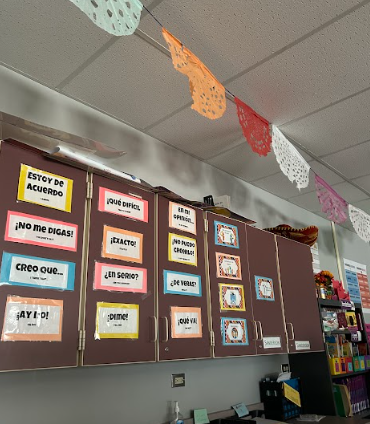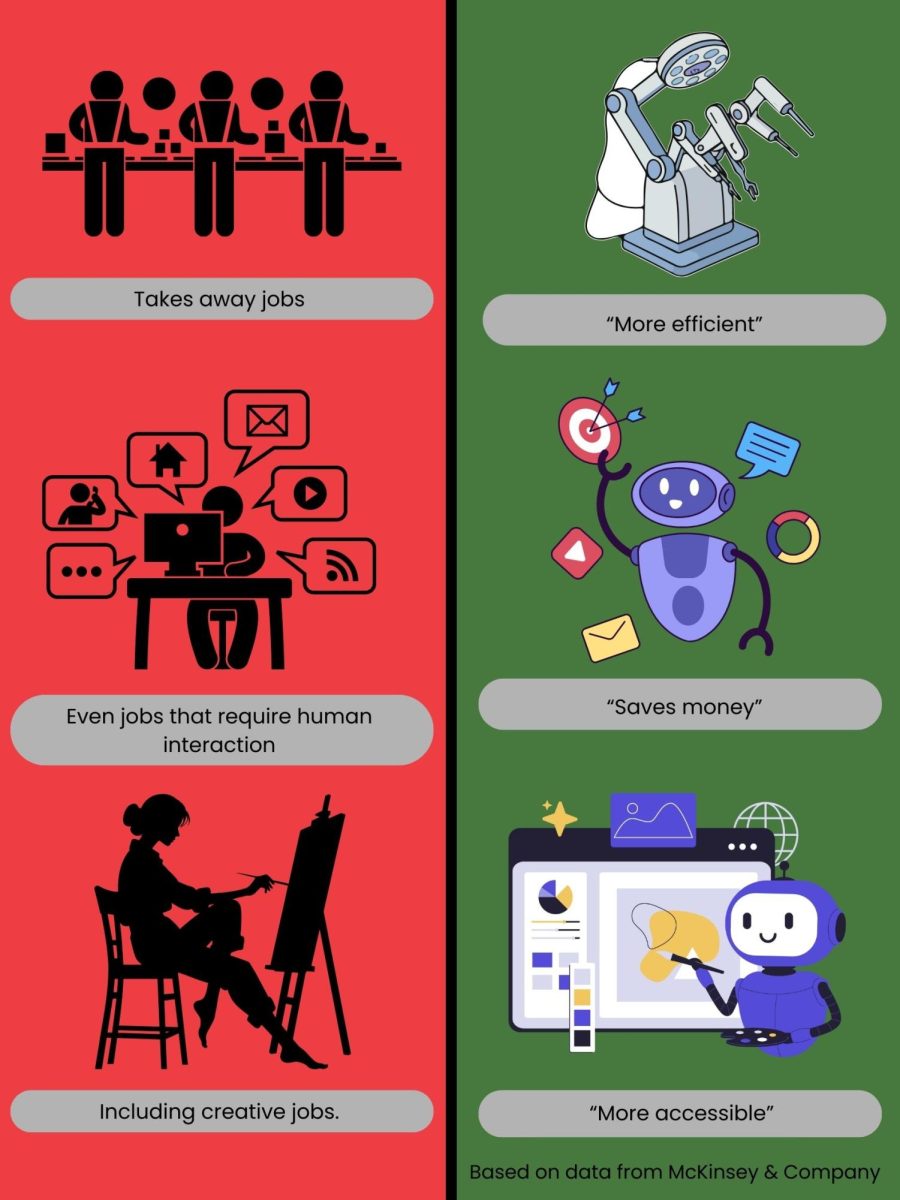In high school, a lot of people think that learning a language is a good thing to have on their transcript for college. It might seem better to take a language in high school, but that is not always the case. The later you learn a language, the harder it is to be able to retain the information in your brain.
A study that was conducted by Joshua K. Hartsborn, Joshua B. Tenenbaum and Steven Parker, who are all professors at various universities, looked at the differences in learning languages from an adult to learning a language as a child. This article suggests that there is no real “critical period” age in learning. The “critical period” is a theory that if a child is not exposed to language until they reach a certain age, they will never learn a language. After a child reaches puberty, they find it more difficult to pick up another language like they would their first language.
Learning a second language earlier also has a lot of benefits. When a child learns another language, they can learn through play interactions, while someone older is more likely to learn another language through formal and more lecture-based structure.
Still, there could be advantages to learning a second language when you are a high school student. High school students could be more motivated to learn a second language than a younger child would be; they have better skills when it comes to having more complex thinking.
In the study referenced above, students before reaching puberty have more neural plasticity in their brain than students that have reached puberty. This means that children naturally have the ability to absorb another language more subconsciously than a high schooler.
Starting the school year 2028-2029, the Illinois state school board is saying that in order to graduate high school, a student must have taken two years of a foreign language. It is good for people to know more than one language, but just starting a language in high school doesn’t stick that well. In Europe the education system has kids starting to learn a second language during primary school (ages five to eleven), leaving America behind in advocating students to learn a second language at this age.
District 303 is changing the foreign language curriculum. Sixth graders will not be able to take a foreign language anymore due to Illinois education not allowing sixth graders to earn high school credits. Sixth graders will, however, be able to take a class to help them learn about French, Spanish and German cultures so they can take a foreign language in seventh grade.
My foreign language that I took was French in both middle school and high school. I first took French A in seventh grade, then I took French B in eighth grade. My plan then was to take French two my freshman year and take French three my sophomore year and that would be it. Well I was not prepared for the fast pace of learning a language in high school, French A and B is French one but split into two years.
When I got into my freshman year I didn’t feel like I knew anything that I learned from French A or B. My mind couldn’t figure out what any of the verb words in French meant, and I couldn’t understand anything that the native speakers would say when taking listening tests because I was never really exposed to native French speakers. Freshman year I did really poorly in French two my first semester, so I dropped out of French and just redid French two my sophomore year. I did a lot better my sophomore year, but I have a feeling that I did better because I knew what we would be tested on, and I knew what all the projects were. Now, I can barely tell you anything in French and I took French classes for three and a half years.
It is a disadvantage to have children even starting a foreign language course at the middle school level, especially considering that in a couple of years it is mandatory for high school students to have to take a foreign language. Perhaps it would be beneficial to allow elementary students to start exploring another language.










